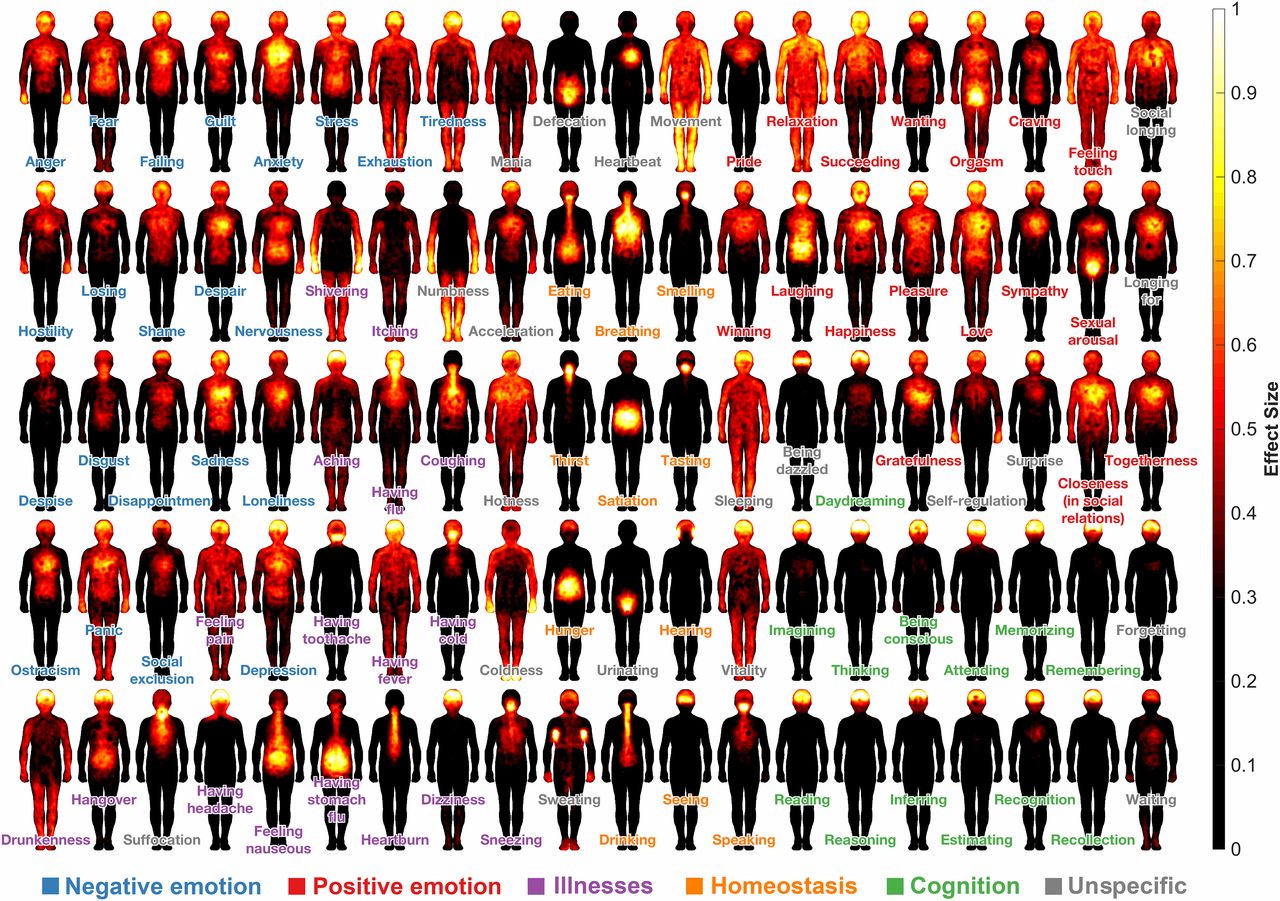Things started feeling different over the last 6 months. And yet parts were very familiar.
“Saturated” maybe? “Overstimulated”? An increase in tension driven by several sources including politics, family, career and more. All of my social parts hurt. And they were interconnected. I could feel the hyper-vigilance coming on. Again. And I was in a place where I was letting my negative feelings hit me so I could understand them better so I just let the hurricane come.
And I did what I did every time before. I reduced my number and kind of social interaction for stability. Especially online. The internet does not feel like meat space. “Reduced” is doing some work because in the past it has been a matter of abruptly stopping interaction with no word to anyone. It’s not that I did not want to tell people that I had to go for a while. I could not process extending social contact, too much negative feeling and its effects on my ability to make responses. I managed to type something in some places this time.
I wish society was better at preparing us for what we are as human beings. This shit makes sense as personality with impulsive elements. I honestly believe we are doing something similar to what we did with left-handed people but with personality. People feel as if they were 7-10 on a 1-10 spectrum even when I feel positive about them. It helps to process alone but this is not something I like.
Relatedly I’ve been getting an understanding of just how old and deep my general social anxiety goes. I know I was an outcast by 1st grade. And sometime in there my ability to extend contact was compromised. Maybe it was always compromised. I can like people, but groups feel negative. I don’t know how much in-group feeling I have. But it’s still perfectly natural human behavior so instrumental control of that is something I have to work on.
And it’s a difficult thing integrating myself with the tourettic version of this, while I’m learning about the structure of feeling and emotion. There are advantages and disadvantages. I don’t know how to generalize that part beyond issues relating to volume and sets of repetitive thought processes. I’m somewhat lost in everyone else.
Right now I’m arguing politics on a local politics board to keep in practice and almost nothing beyond that. It’s not that hard to poke at beliefs and behavior I see as social negatives but I still have to push through something. I can do the social conflict thing. Other things are harder. This blog is often painful.
I’m chipping away at it. It’s just big. And there aren’t guides for a lot of it. I’m pushing to get my family talk politics with me and other things I feel negative about. Avoiding it has resulted in decades of accumulated negative feelings. Feelings that don’t just go away when I am around them. Career is full of negative feeling that I’m trying to figure out and that’s tied to politics at multiple levels including how society utterly fails at neurodevelopmental differences. Family connects to career and politics because Rs. Republicans. My birth culture was not helpful with the science thing.
And still more. There’s a whole subsection where where I’m in a kind of “rumination and introspection mode” with respect to my political behavior. Difficult and useful criticism. I’m preening my tools. I ran into this “gender null” thing that looks interesting as a result. At least the hurricane is interesting so far.
I’ll end by saying that I want to try to blog about the game Gems of War. I need something to practice and I have to process the strong feelings in what I have posted so far. I actually have most of a draft finished. It got hard. I’m hoping that this post helps. If the spawn of Bejeweled and Magic the Gathering sounds interesting to you this blog could stay interesting. It’s what I think I can do for practice.

